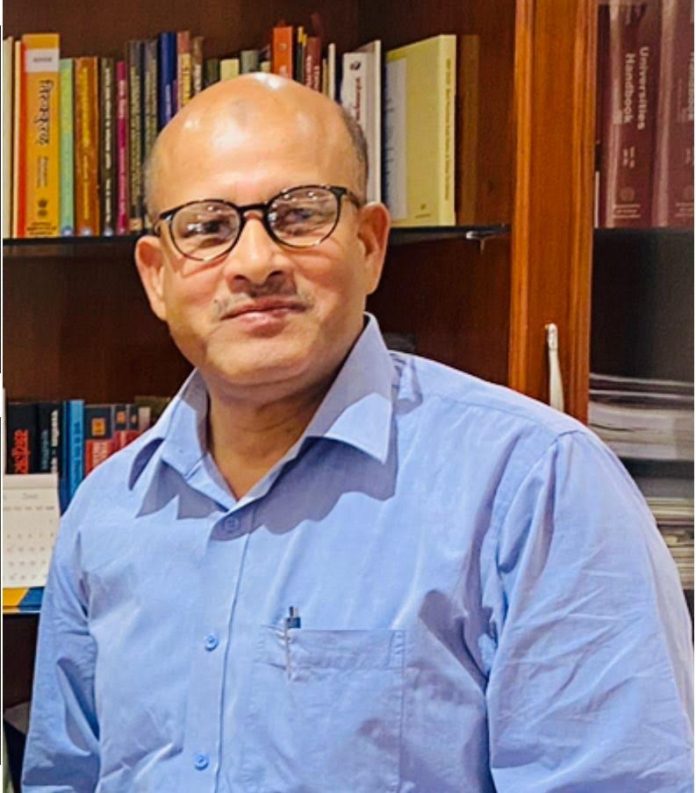Aligarh: Prof. M.J. Warsi, former Chairman of the Department of Linguistics at Aligarh Muslim University (AMU), and President of the Linguistic Society of India, delivered an invited talk on “Language and Gender: A Brief Overview” at the Department of Linguistics, Central University of Kerala.
In his address, Prof. Warsi explained how language often reinforces gender roles and contributes to shaping societal perceptions of gender identities. “Words associated with strength, emotion, authority, or gentleness frequently carry implicit gender associations, subtly reinforcing traditional gender expectations,” he said.
Highlighting the evolving nature of the subject, Prof. Warsi traced the development of research in applied linguistics and sociolinguistics since the 1970s. He noted that early studies focused on how linguistic practices reflected gender-based power inequalities and the ways women were socialised into specific patterns of speech. Over time, the focus expanded to examine broader aspects of gender identity and the dynamic relationship between language and society.
Discussing gendered communication styles, Prof. Warsi pointed out that societal norms significantly influence conversational behaviours and word choices. He referred to Robin Lakoff’s pioneering work on “women’s language” in 1975, which identified features such as politeness markers, tag questions, hedges, and intensifiers more frequently used by women, highlighting how language can mirror gendered expectations.




